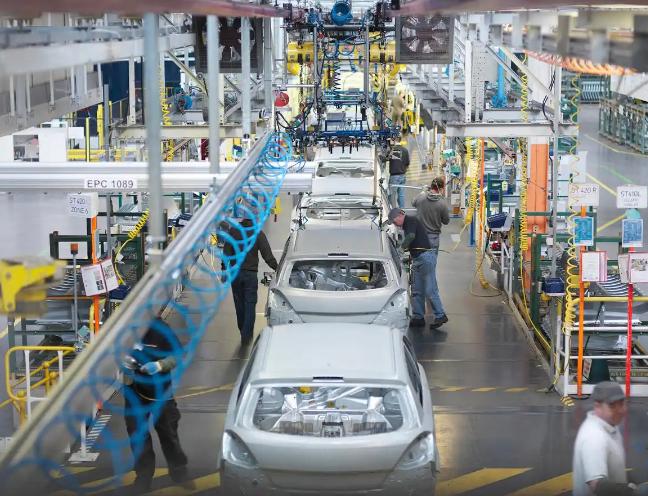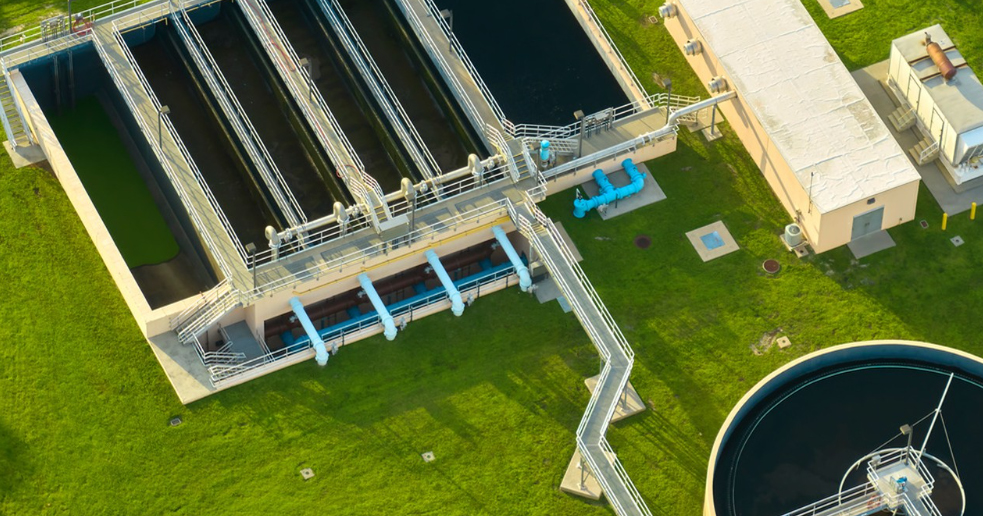Metalworking fluids (MWFs) play a critical role in industrial machining processes, providing essential functions such as cooling, lubrication, and corrosion protection. However, prolonged use often leads to the formation of stable emulsions containing water, oils, particulates, and surfactants. These emulsions not only degrade machining efficiency but also pose significant challenges for industrial wastewater treatment. A demulsifier, specifically formulated as a metalworking fluids demulsifier, emerges as a pivotal solution to address these issues by facilitating efficient emulsion breaking and enabling sustainable wastewater management.
The Mechanism of Demulsifiers in Emulsion Breaking
Stable MWF emulsions are maintained by surfactants that form protective interfacial films around oil or water droplets, preventing coalescence. A specialized demulsifier disrupts this stability through multiple mechanisms:
1.Interfacial Adsorption: Demulsifier molecules adsorb strongly onto the oil-water interface, displacing surfactants and weakening the interfacial film.
2.Charge Neutralization: By neutralizing electrostatic repulsion between droplets, demulsifiers promote droplet aggregation, accelerating the coalescence process.
3.Reduction of Interfacial Tension: Demulsifiers lower the surface energy at the interface, making it energetically favorable for droplets to merge and separate into distinct oil and water phases.These combined actions rapidly break down the emulsion structure, allowing for effective separation of oil, water, and solid contaminants.

Role in Industrial Wastewater Treatment
When MWFs become contaminated and lose their functionality, the resulting emulsified wastewater contains high concentrations of organic pollutants, heavy metals, and emulsifiers, which are strictly regulated by environmental standards. A metalworking fluids demulsifier serves as a cornerstone in pretreatment processes:
-Enhanced Pretreatment Efficiency: By breaking down emulsions at the initial stage of wastewater treatment, demulsifiers simplify subsequent processes like flocculation, sedimentation, and filtration, reducing the load on downstream systems and lowering operational costs.
-Resource Recovery: The separated oil phase can be recycled or reprocessed for reuse, while the clarified water may meet standards for reclamation in industrial processes, aligning with the principles of circular economy.
-Compliance with Environmental Regulations: Effective emulsion breaking ensures that wastewater meets strict discharge limits for parameters such as COD (chemical oxygen demand), BOD (biochemical oxygen demand), and heavy metals, minimizing environmental impact and regulatory risks.
Technological Advances and Future Trends
Modern demulsifiers for metalworking fluids are evolving to meet the demands of diverse MWF types—including synthetic, semi-synthetic, and emulsified formulations—and increasingly stringent environmental requirements. Key developments include:
-Tailored Formulations: Polymeric demulsifiers with adjustable molecular structures offer precision in targeting specific emulsion chemistries, improving efficiency while reducing dosage requirements.
-Eco-Friendly Formulations: The industry is shifting toward non-toxic, biodegradable demulsifiers containing nanomaterials or natural surfactants, ensuring both performance and sustainability.
-Integrated Treatment Systems: Demulsification is often combined with technologies like dissolved air flotation (DAF), membrane filtration, or advanced oxidation processes (AOPs) to create holistic solutions for complex wastewater streams, optimizing the entire treatment workflow.
Conclusion
A metalworking fluids demulsifier is more than a technical additive; it is a vital link between industrial productivity and environmental responsibility. By enabling efficient emulsion breaking, it addresses the challenges of MWF degradation and facilitates sustainable industrial wastewater treatment, supporting the global transition toward greener manufacturing. As industries strive for higher efficiency and stricter environmental compliance, the role of demulsifiers in achieving these dual goals will only become more critical, driving innovation in both formulation science and process integration.
As a professional chemicals manufacturer in the water treatment Industry, Sanmei have helped more than 5,000 plants with process solutions and helped them improve production efficiency, reduce costs, and optimize profit plans. Our main goal is to assist you in optimizing production efficiency and profitability in a sustainable way. Welcome to consult us and get a free wastewater treatment solution by filling in the form below or email to info@san-mei.com.












